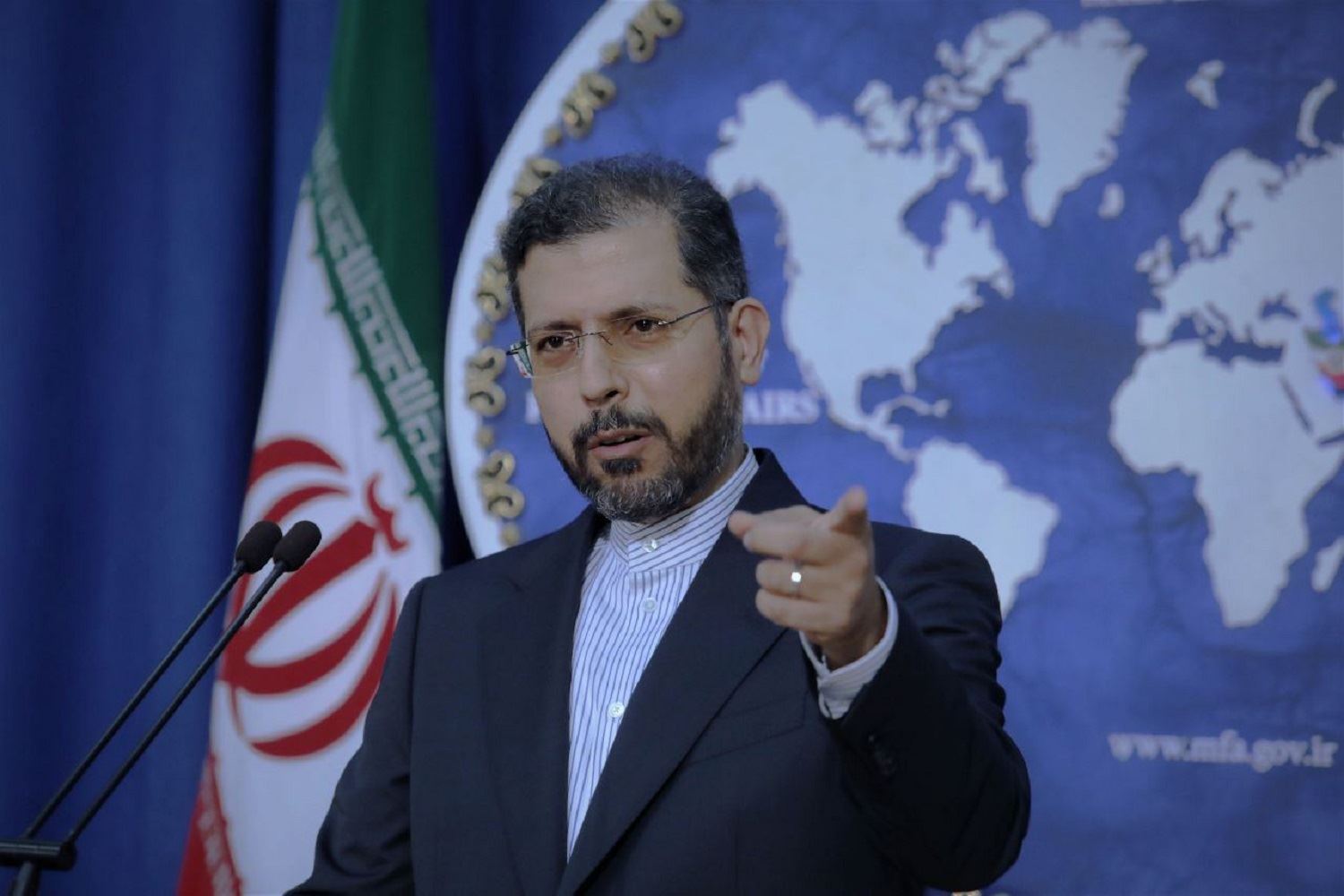NOVANEWS
For all intents and purposes, Bahrain is forgotten. The people of Bahrain and their struggle will never get the attention and admiration of people and governments in the West.
This week, it was rather ironic to watch and listen to BBC coverage of Bahrain in comparison to their coverage of Syria. Activists who were interviewed were treated like criminals, while Syrian activists are allowed to make all sorts of claims, even claims that are not substantiated. The BBC sneered at the use of fire bombs by some protesters in Bahrain, while Syrian activist are permitted to call for the use of arms on the air. Hillary Clinton called on the Syrian people to keep their arms and “logistical” help that has been provided to the Free Syrian Army (which is a collection of bands and gangs operating under names derived from Islamic history and from rulers of gas and oil kingdoms). Yet, the spokesperson of the US Department of State called on the protesters of Bahrain to show “restraint.” If she called on the protesters in Syria to show restraint she would have been fired.
The struggle of the people of Bahrain is as old as the history of modern Bahrain. The political dynamics in Bahrain can not be reduced to the sectarian framework that is now being imposed by the Bahraini royal family and by the Saudi and Qatari media. Western media simply follows suit, and they unfailingly refer to the protests and opposition in Bahrain in sectarian terms.
They have refrained from attaching sectarian labels to the blatantly sectarian gangs and organizations in Syria. Secular and Arab nationalist movements dominated the struggle of the people in Bahrain during the Arab cold war, and the Bahraini labor movement has been one of the most vibrant movements in the region.
But the people of Bahrain are doomed. The majority of the people of Bahrain happen to be Shia and that is sufficient to demonize the entire population of Bahrain. All their protests and all their complaints and grievances are reduced to Shia sectarian agenda, tied to Iran, of course.
It is rather amusing to watch Western governments subscribe to the agenda and rhetoric of GCC countries, which are subcontractors – mere implementers – of US/Israeli policies in the Middle East. The word Shia has to appear in every sentence in every commentary on Bahrain. Western media may not be as blatantly sectarian as mouthpices of Saudi princes, like the notorious Ash-Sharq Al-Awsat, but they reflect the same bias.
The Bahraini royal family is quite fortunate. The presence of the Fifth Fleet sends a message in the region and the world that the little island is “vital” to US national security interests. Its proximity to Saudi Arabia adds to its umbrella of repressive regional and international protection.
News of an imminent unity between Bahrain and Saudi Arabia could not come at a better time for the House of Khalifah. The two ruling families would enjoy having a larger kingdom with double the repression. The House of Khalifah knows that they have lost support with the bulk of the Bahraini population. Only force can keep them in power – some form of power, because the Saudi military intervention basically put the House of Saud in charge of Bahrain.
But the Bahraini youth won’t take it sitting down. They have courageously kept up the pressure and have been transcending the waffling Wifaq, which is never sure what it wants, and which is too timid to even criticize Saudi Arabia and its intervention in Bahrain. Bahraini youth are likely to press on, but they won’t be portrayed as heroes in the Western press.
Western media and governments don’t even bother with the story of Bahrain. David Cameron came up this week with the standard Western response to a threat to a client of the US. He said Bahrain is not Syria. He should have added that Saudi Arabia is Sweden.



